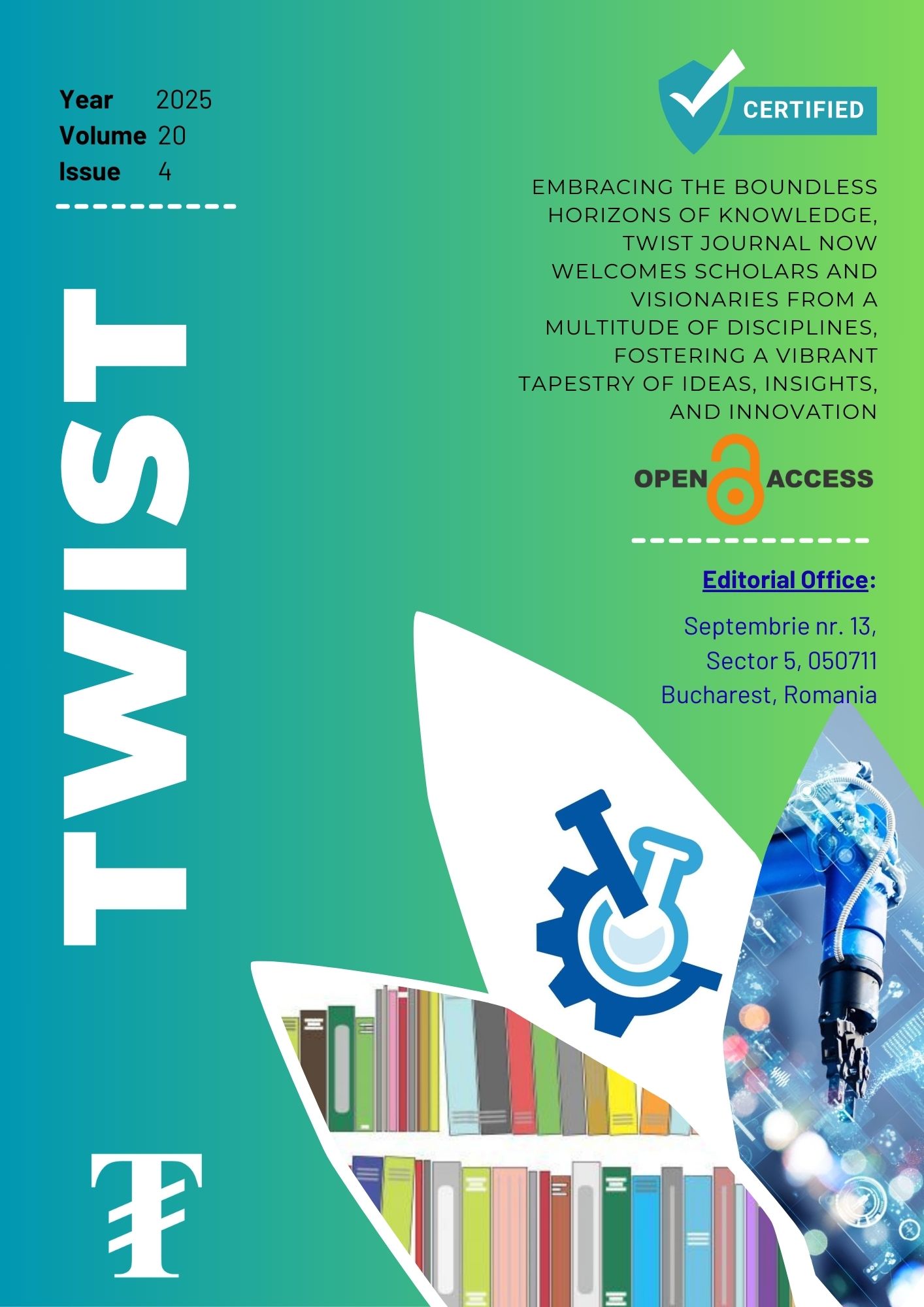Effects of Blended Learning on Secondary Students’ Achievement in Basic Science and Technology for Sustainable Educational Development in Ekiti-State, Nigeria
Keywords:
Blended Learning, Students’ Achievement in Basic Science and Technology, Basic Science and Technology, Sustainable development, EducationAbstract
This research work explores the impact of blended learning (BL) on secondary school learners' achievement in Basic Science and Technology (BST), with an emphasis on fostering sustainable educational development. In educational settings, blended learning which integrate traditional in-person instruction with digital and online resources has grown tremendously offering opportunities to enhance student engagement and improve academic outcomes. The research utilized a quasi-experimental design involving a pre-test, post-test non-randomized control group. The study population included all Junior Secondary School Two (JSS2) Basic Science and Technology learners in Ekiti State. Using a multi-stage sampling technique, a sample of one hundred and twenty students from four schools was selected, with intact classes assigned to either the experimental or control group. The experimental group received instruction through the blended learning approach, while the control group was taught using conventional teaching methods. A researcher-designed instrument, the Basic Science and Technology Achievement Test (BSTAT), was used to assess students’ performance in pre-tests and post-tests. The instrument underwent face and content validation to ensure accuracy and relevance. Reliability was confirmed using the test-retest method, yielding a reliability coefficient of 0.85. Data analysis involved the use of mean and standard deviation to address research questions, while Analysis of Covariance (ANCOVA) was employed to test the hypotheses at a 0.05 significance level. The results showed that the experimental post-test group’s mean scores differed significantly from the control group, with the experimental group having a better learning outcomes than the control group. Additionally, the study found no significant influence of gender on students’ academic achievement when using blended learning. The study concludes that integrating blended learning into the school curriculum can significantly enhance student achievement in Basic Science and Technology. It recommends that teachers adopt blended learning approaches in their instructional delivery to improve student outcomes and promote sustainable educational practices.
Downloads
Downloads
Published
Issue
Section
License
Copyright (c) 2025 TWIST

This work is licensed under a Creative Commons Attribution-NonCommercial-ShareAlike 4.0 International License.











